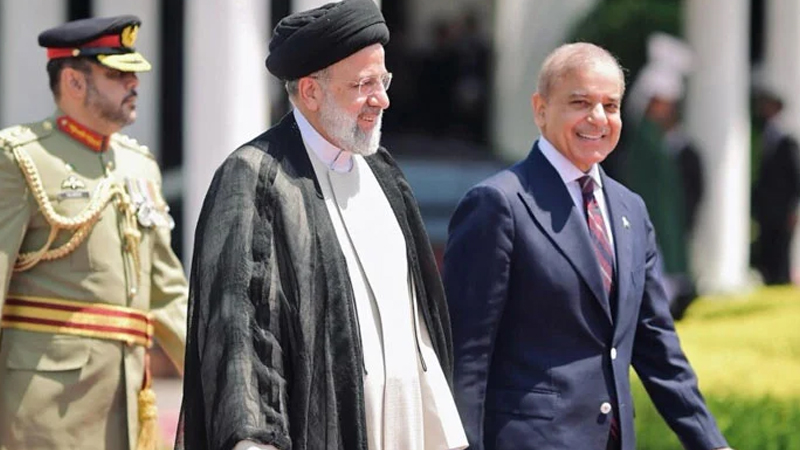In a significant step towards sustainable energy, the Sindh government has launched a pioneering initiative to distribute solar panels to residents across the province. This move is part of Pakistan’s broader shift towards solarization and the promotion of renewable energy sources.
Speaking at the 7th Solar Exhibition at Expo Centre in Karachi, Sindh Minister for Local Government Nasir Hussain Shah announced that the government has set aside funds in the current budget to provide 500,000 solar panels to households. He emphasized that discussions are underway with banks to facilitate the supply of these panels, aiming to reduce reliance on traditional energy sources and promote sustainable energy solutions.
“The whole of Pakistan is moving towards solarization, and we are committed to making renewable energy accessible to our citizens,” Shah stated. He also mentioned that a ban on the export of solar panels would be imposed starting in 2027 to prioritize local needs.
Sindh’s energy sector is rapidly adopting renewable sources, with a significant portion transitioning to sustainable energy. Shah highlighted that while electricity generated in Thar is currently the cheapest, solar and wind energy are crucial for long-term sustainability. To support this transition, the Sindh government is activating the Sindh Power Regulatory Authority (SIPRA) to regulate and facilitate the use of renewable energy. “Electricity produced through solar and wind energy should be made usable,” Shah noted.
In addition to promoting solar energy, Shah highlighted the success of the Thar coal project, which is providing the cheapest electricity tariff to the national grid. The National Electric Power Regulatory Authority (NEPRA) is expected to play a key role in determining the basic tariff for grid-consumed electricity, supporting the supply of affordable electricity nationwide.
Shah expressed optimism that the Prime Minister would back these initiatives, with a proposed tariff of Rs18 per unit after all taxes. He also mentioned potential re-contracting with independent power producers (IPPs) to ensure a steady supply of affordable electricity.
Furthermore, the Sindh government is considering providing free electricity to households consuming up to 200 units, with an initial focus on up to 100 units. Shah added that if Bilawal Bhutto-Zardari becomes the Prime Minister, the promise of free electricity up to 300 units would be pursued.
Concluding his address, Nasir Hussain Shah reaffirmed the Sindh government’s commitment to renewable energy and affordable electricity. “We are taking concrete steps to ensure that our citizens have access to sustainable and affordable energy solutions,” he said.











Leave a Reply